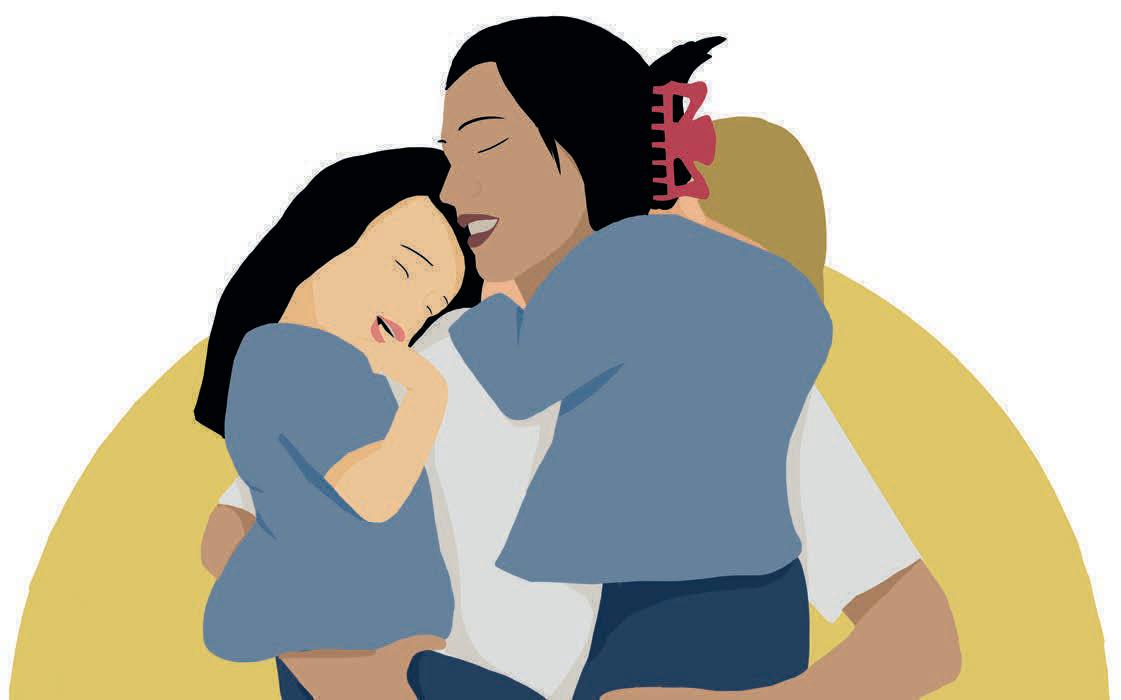Housing and the ever-increasing wealth gap is evidently the root of many frustrations among Hong Kong citizens. Recently, Hong Kong has been greatly affected by huge protests. Anger over the growing power of mainland China in everyday life has fueled the protests, as has the desire of residents to choose their own leaders. But beneath that political anger lurks an undercurrent of deep anxiety over their own economic fortunes — and fears that it will only get worse. Kenneth Leung, a 55-year-old college-educated protester shared the views of the protestors and stated that “We thought maybe if you get a better education, you can have a better income, but in Hong Kong, over the last two decades, people may be able to get a college education, but they are not making more money.” Kenneth Leung works 12 hours a day, six days a week, and only makes $30 an hour. He is also one of the 210,000 Hong Kong residents living in one of the city’s thousands of illegally subdivided apartments. The protests have proven to be another example of the consequences of capitalism and the wealth gap because generally citizens near the bottom of the wealth gap feel motivated to protest in hopes of trying to fix their dire living and working conditions. The protesters say the Chinese government is undermining their independence and that the leaders it chooses for Hong Kong work for Beijing, property developers and big companies instead of the people. “Many young people see there is little way out economically and politically, and it is the background of their desperation and anger at the status quo,” said Ho-fung Hung, a political-economy professor at Johns Hopkins University. These frustrations are channelled into the need for democracy. By fighting for democracy, they hope that they can select a government that is more socialistic and therefore address the wealth gap and various other injustices for the less privileged. Many of the protesters say direct elections would give them a greater say in these crucial economic matters. With all things considered, it is evident that a more socialist government capable of giving the people what they want may actually help to alleviate the protests.
ISSIA Title Templates (2).indd 12
So what is the solution? Hong Kong’s current laissez faire government does not attract the best talent set for aggressive policies, so for HK to have better socialist policies that can counterbalance the negatives of capitalism, it needs a stronger government that is more involved in all aspects of HK. An example of this approach being successful would be to take a look at Singapore’s government. This prosperous country has a bigger government that has more control over businessnesses, consistent social welfare, effective policies, a well-recognised government housing program, and most importantly, they attract high calibre talent and dedicate them to nationwide initiatives such as the urban renewal authority and the world famous Singapore water desalination project. Therefore, if HK attracted better talent, set more policies, and took more control of the economy, the HK government will achieve a more socialistic society that can counterbalance the negative effects of capitalism. Capitalism may have built HK, but it has also destroyed HK, and only well-implemented socialism will save it. We should implement more socialist approaches while maintaining the benefits of capitalism. This ensures a better allocation of resources that benefit everyone in society, and not just the elite. With this, HK will be able to implement socialism while preserving the benefits of capitalism, bringing us one step closer to a city without protests or communities of people living and working in unfair conditions. HK should strive towards a better government that can groom more capable talent with a vision to create a better future for our city. It’s long been known throughout HK’s history that the most talented people go into the private sector in order to earn more, but perhaps it is time for young and talented people with new ideas and creativity to help by making a change inside the government, setting policies that will design a future that is drastically different from what we have today. I wonder what that future would look like? I imagine a future where everybody has a comfortable place to live, a future where even the less fortunate parts of society can still do well despite the wealth gap, and most importantly, a future where the government can implement policies where capitalism and socialism can coexist together within a harmonious society.
8/6/2020 2:16:44 PM














